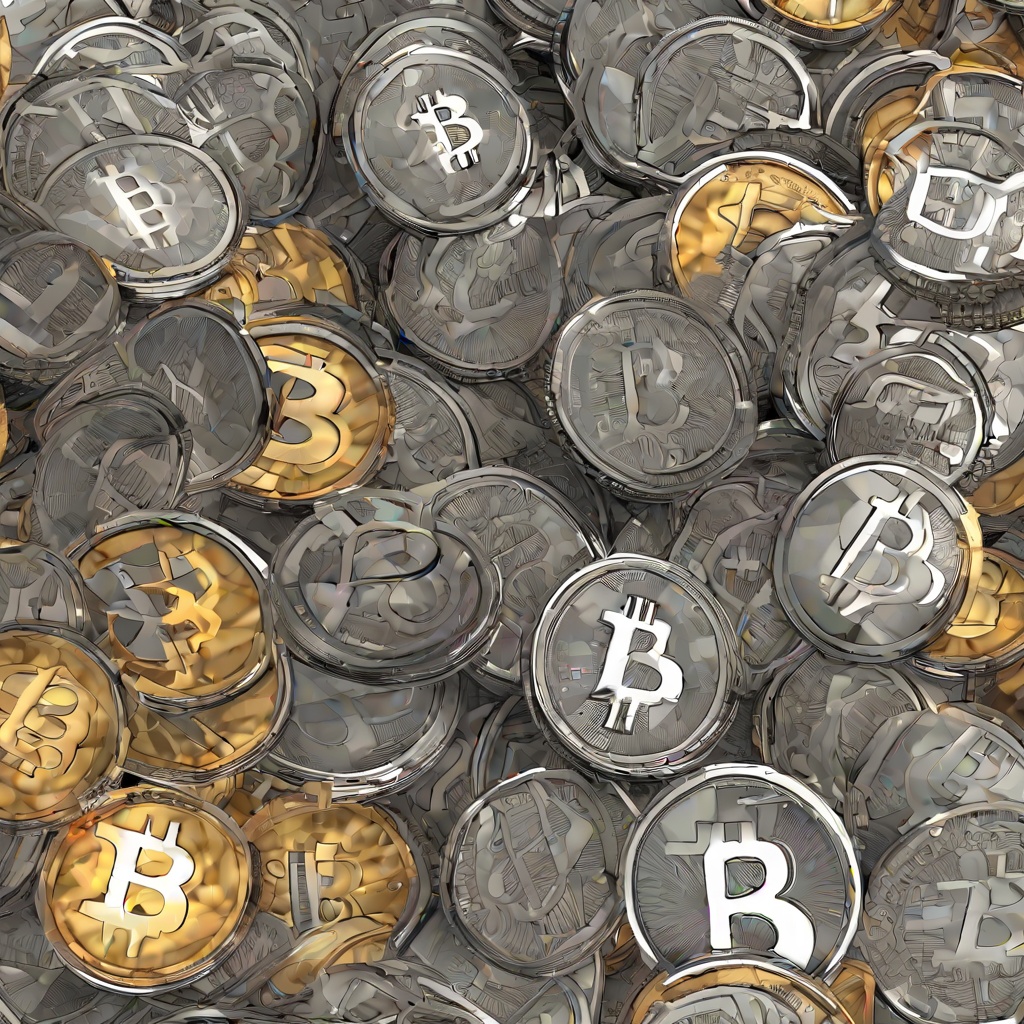What questions should you ask a beginner about cryptocurrency?
As a cryptocurrency and finance professional, when engaging with a beginner in the field, it's crucial to ask the right questions to gauge their understanding and identify any potential misconceptions. Here are some key questions to consider: 1. Have you done any research on cryptocurrencies before? 2. Can you explain in your own words what cryptocurrency is and how it works? 3. Are you aware of the risks associated with investing in cryptocurrencies? 4. What type of cryptocurrency are you most interested in and why? 5. Do you understand the concept of decentralization and how it applies to cryptocurrencies? 6. Have you set up a secure wallet to store your cryptocurrencies? 7. Do you plan to buy and hold long-term or trade frequently? 8. Are you aware of the tax implications of investing in cryptocurrencies in your country? 9. How do you plan to stay updated on the latest developments in the cryptocurrency market? 10. Do you have any specific questions or concerns about cryptocurrencies that you'd like to discuss?

How do I buy cryptocurrencies If I'm a beginner?
As a beginner interested in purchasing cryptocurrencies, it's crucial to understand the process thoroughly. Firstly, research the various cryptocurrencies available and determine which ones align with your investment goals and risk tolerance. Next, choose a reputable cryptocurrency exchange or broker that offers a user-friendly platform and competitive fees. Once you've registered and verified your account, you'll need to deposit funds into your exchange wallet. From there, you can navigate to the "buy" section, select the cryptocurrency you wish to purchase, and specify the amount. Be sure to double-check the transaction details before confirming. Finally, monitor your portfolio regularly and adjust your holdings as market conditions change. Remember, investing in cryptocurrencies involves risk, so it's essential to approach it with caution and due diligence.

What should a beginner look for in a bitcoin wallet?
As a beginner in the cryptocurrency world, selecting a bitcoin wallet is a crucial first step. Firstly, security should be at the forefront of your mind. Look for wallets that offer multi-layer security features, such as two-factor authentication, encrypted backups, and robust password protection. Additionally, consider the accessibility and ease of use of the wallet. Mobile wallets are convenient for on-the-go transactions, while hardware wallets provide the highest level of security for long-term storage. Compatibility with various devices and operating systems is also a plus. Furthermore, ensure that the wallet supports the features you need, such as sending and receiving bitcoin, monitoring transaction history, and integrating with other crypto services. Finally, read reviews and testimonials from other users to get a sense of the wallet's reliability and customer support. With these considerations in mind, you'll be able to choose a bitcoin wallet that suits your needs as a beginner.

What coins should a beginner collect?
As a newcomer to the world of cryptocurrencies, the question of which coins to collect is understandably perplexing. Given the vast array of digital currencies available, how does one discern the best investments? Is it advisable to focus on established coins with a proven track record, such as Bitcoin or Ethereum? Or should one explore the potential of emerging altcoins, which offer novel technologies and innovative use cases? Understanding the market dynamics, evaluating the technology behind each coin, and assessing the team behind the project are all crucial factors to consider. Additionally, the risk tolerance and investment goals of the beginner should also be taken into account. With these considerations in mind, which coins would you recommend for a beginner to start collecting?

Is 1200 Elo good for a beginner?
I'm curious to understand the context behind the question, 'Is 1200 Elo good for a beginner?' Elo ratings are typically associated with chess, where they serve as a measure of skill. However, if we're extrapolating this concept to another competitive environment, like cryptocurrency trading or financial analysis, I'd like to pose a few clarifying questions. First, what does 1200 Elo represent in this specific context? Is it a score, ranking, or level of proficiency? Second, what constitutes a 'good' score for a beginner in this field? Is it relative to the general population, or is there a specific benchmark? Lastly, how does one acquire and improve upon this Elo score? Is it through experience, training, or both? Answers to these questions will help me better frame my response and provide insight into whether 1200 Elo is indeed 'good' for a beginner in the given domain.

